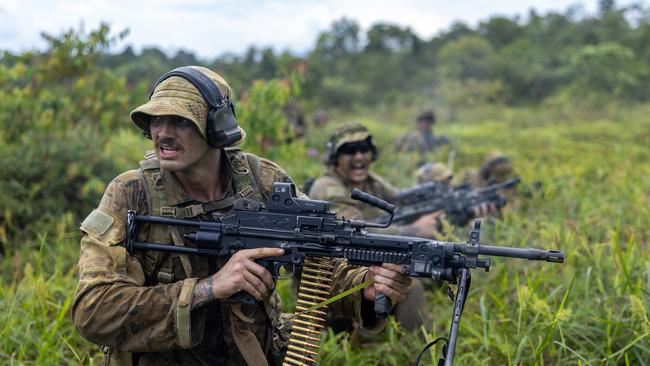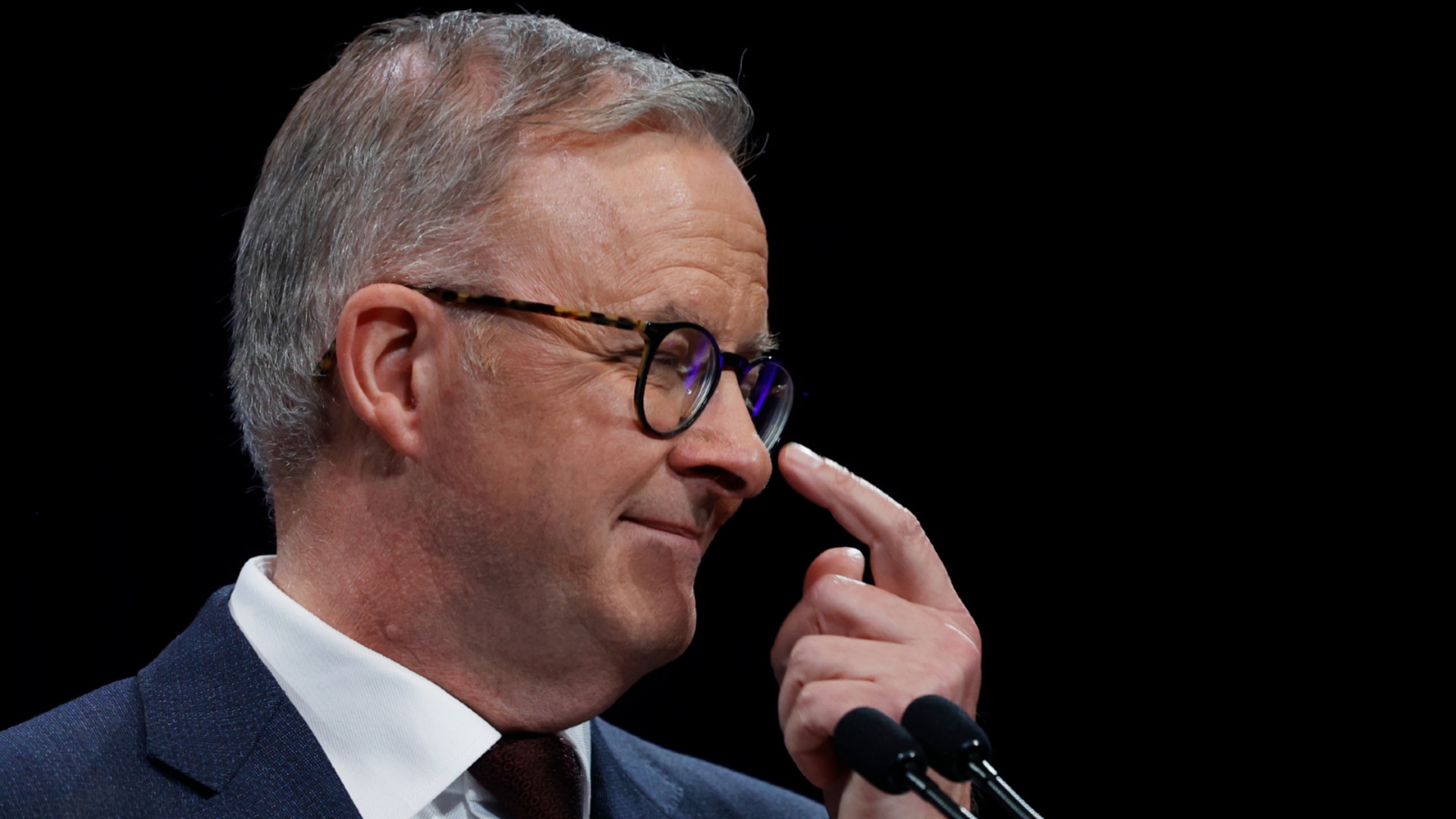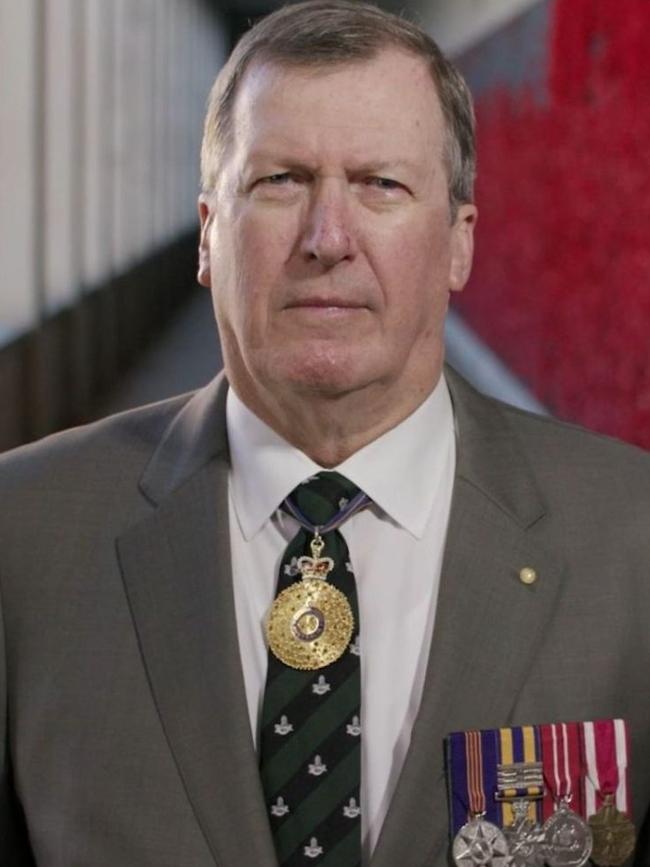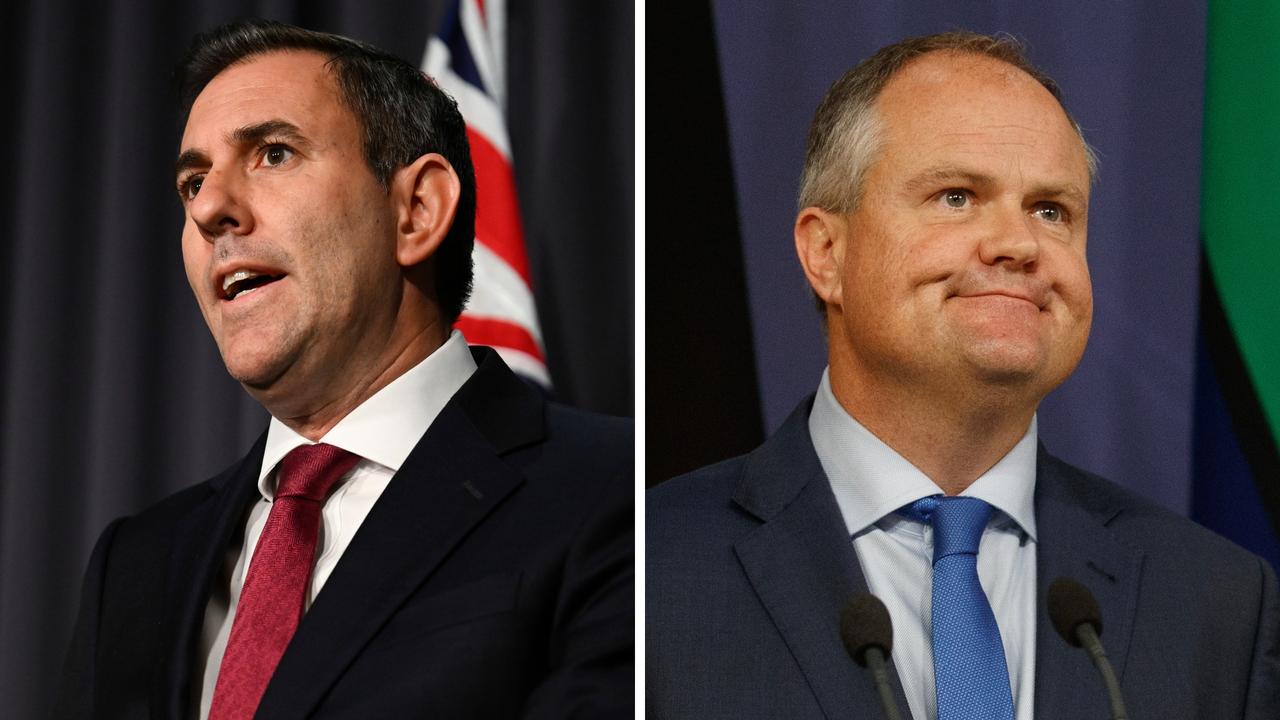Defence cops blame for strategic mistakes – but this one belongs to our leaders

There are many risks when a nation goes to war. They include invasion, loss of sovereignty and independence. Personal risks for servicemen and women include death on the battlefield, at sea and in the air. The walls of the Australian War Memorial starkly illustrate how often death has been the consequence of war.
Other personal risks include physical and psychological injuries. These destroy lives, families, and hopes and aspirations.
Due to the deteriorating global strategic situation, both types of risk, national and personal, are at an elevated level. The Australian government needs to take urgent action to moderate these risks borne by all Australians and by the men and women, in uniform, who are the most exposed and have the least ability to address them.
This requires significantly more funding for defence now and well into the future.
We often blame senior officers for tactical and operational failures. Through history many of them have been culpable. But at the strategic level they can only do as they are directed and fight with what they are given. They give advice, but the decisions are not theirs.

Politicians select the wars, the partners and allies we choose, the strategies we select and ultimately where, when and how we fight. Crucially, they decide the defence budget, which dictates the nature and shape of the force and its readiness and preparedness for future missions.
To do this correctly they need to be aware of and act on identified risks.
Sometimes it can be difficult to get the risk message across to politicians who have other priorities and their own views on what the Australian Defence Force needs. Some of these are influenced by factors such as alliance relationships, competing political priorities, economic pressures and attitudes towards defence.
One previous Secretary of Defence had the temerity to point out the difficulties in achieving appropriate capabilities with available funding. This action was enormously confronting to the government at the time. Consequently, he didn’t last long as Secretary. Yet another Secretary famously stated the maxim that “strategy without money is not strategy”.
These days, in Australia, political success is most closely aligned with social appropriations or what is called “butter” at the expense of defence or “guns”. While butter is necessary, we need to ask if, given the current threat, the current balance of guns versus butter is right.
The almost total lack of consideration of defence matters during the recent election campaign and the current focus on a far-off distant, enormously expensive force demonstrates how willing our politicians are prepared to tolerate risk.
This is an abrogation of the primary responsibility of our elected representatives to provide for the defence and security of the Nation and the safety of our servicemen and women.
Today, without the United States we would be almost defenceless and unable to achieve our defence strategy of denial and deterrence. Achieving self-reliance for both the combat force and our domestic defence industrial capacity is a significant risk.
Those who wear Australia’s uniform place great trust in those who task and equip them. This trust is not being honoured.

Many politicians make the point that the direct alignment of Parliament House across Lake Burley Griffin and up Anzac Parade to the Australian War Memorial reminds them of their responsibilities to veterans past and those yet to come.
It is hard to reconcile this promise with our current defence force.
We frequently hear how dangerous our strategic circumstances are. Yet today we see precious little effort to minimise the obvious risk to the nation and those within the ADF who are prepared to fight.
Strategic decisions over the past 20 years have committed us to contentious and ultimately unwinnable wars with ill-defined or ineffective strategies, with too few, ill-suited and dated capabilities.
We were not ready for East Timor and the type, nature and range of forces available for Afghanistan and Iraq curtailed our deployment options. Political decisions restrained the number of troops and capabilities deployed to the detriment of tactical and operational objectives.
This is a problem for battles yet to come. We are seemingly oblivious to the risk, don’t consider or ignore the lessons of the past, don’t spend enough on defence, allow current capabilities to wither and then lament that we are not ready or prepared. Can we expect anything better in the future? Certainly not if we can’t even acknowledge the risk.
Peter Leahy was a previous Chief of Army. He is now the director of the National Security Institute at the University of Canberra and the chair of the RSL Defence and National Security Committee


